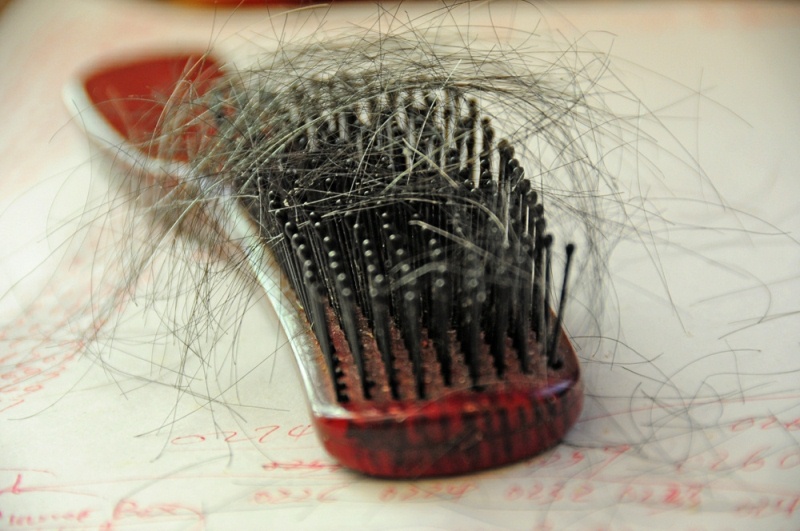Top Medical Reasons Leading to Hair Loss
Losing hair is normal; in fact, each of us loses about 50 to 100 hairs per day, as our hair is being replaced on a daily basis. Nonetheless, there are instances in which hair loss may become a problem, particularly when it occurs excessively, and this may be a source of depression and anxiety to both men and women.

Typically, there are a few factors – stress, genetics, use of unsuitable hair products, exposure to pollution, medication, and so on and so forth – that may lead to an immoderate hair loss. Of course, there are situations in which the problem is triggered by a medical reason, and by addressing the given problem, you may resolve the hair issue as well.
- Alopecia Areata
Alopecia Areata is a common autoimmune disorder in which the immune system attacks the hair follicles, which is the root of the hair, being one of the most frequently met causes linked to hair loss. Typically, when suffering from this condition, the patient will lose significant amounts of hair from the scalp, namely in round patches.
Rarely does the condition result in complete hair loss, and there are instances in which hair loss occurs in other segments of the body as well. The root of this disease isn’t known, but it may be triggered by a combination of factors – genetics, stress, and family history of certain diseases like rheumatoid arthritis and Type 1 diabetes.
- Hypothyroidism, or underactive thyroid
Typically, an underactive thyroid doesn’t generate the proper amount of thyroid hormones, which may further determine the appearance of irregularities when it comes to hair growth. According to a study in this area, the thyroid hormones are interrelated with several elements linked to hair anatomy. Weight gain, fatigue, depression, constipation are other signs that may indicate an underactive thyroid. By administering proper hormone medication, your hormone levels may be restored to a healthy balance.
- Polycystic Ovarian Syndrome
PCOS is commonly met, affecting one in 15 women in the United States. This condition triggers a range of hormonal imbalances in the body, which may determine excessive hair loss, among many factors. Due to an overload of hormones – namely androgen and testosterone, the hair shrinks and becomes thinner, leading to hair loss. If you’re dealing with further symptoms, such as irregular periods, acne, facial hair growth, and ovarian cysts, you should contact your doctor ASAP.
- Lupus
Lupus is recognized as a type of autoimmune disease that may often determine hair loss. Since the immune system doesn’t work accordingly, it will attack the healthy tissues, further causing inflammation. When the scalp suffers from inflammation, hair loss becomes inevitable. As a matter of fact, according to specialists, thinning hair is one of the initial signs announcing the presence of lupus.
The hair becomes brittle, coarse and dry when suffering from lupus. Other symptoms linked to lupus include joint swelling, headaches, photosensitivity, extreme fatigue, muscle pain. When treatment is administered promptly, the hair loss problems can be addressed.




if “if” anyone had the cure there’d not be a bald head on earth 👎🏾